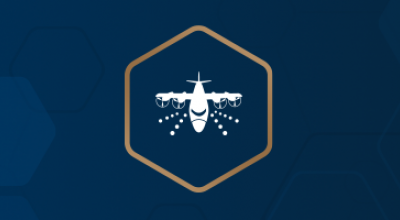ATRP-E13: ATRP's Research on Peanuts--Georgia's Official Crop
This episode of the Georgia Tech Research Podcast discusses research by GTRI's Agricultural Technology Research Program (ATRP) on peanuts--the official state crop of Georgia. The research discussed focuses on helping farmers find and correct diseased peanuts before they are harvested and brought to the processing plant.
There are five “P’s” in Georgia agriculture: Poultry, Pines, Peaches, Pecans, and Peanuts. This episode of the Georgia Tech Research Podcast deals with research by GTRI's Agricultural Technology Research Program (ATRP) on peanuts.
Peanuts are the official state crop of Georgia. Annually, Georgia's peanut harvest is nearly half of the total yield of the United States. ATRP research focusing on peanuts is thus well in line with GTRI's Mission aim to "Enhance State of Georgia economic development."
The research discussed focuses on helping farmers find and correct diseased peanuts before they are harvested and brought to the processing plant. Currently, the processor receives the peanuts and tests them before processing. If the peanuts contain a fungus called “Aspergillus,” the peanuts are destroyed and not processed. “Aspergillus” is a fungus that infects peanuts and produces a mycotoxin called “Aflatoxin”-a potent human carcinogen. This leads to a lost crop for the farmer.
The ATRP program is testing ways of identifying the infected plants before the peanuts form so they can be treated with a fungicide in the field. The benefit of this research is to get a good, clean crop for the farmer and make a healthier crop, better production, and ensure future food security for the public.








